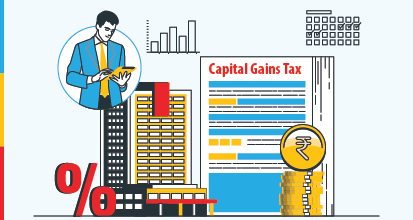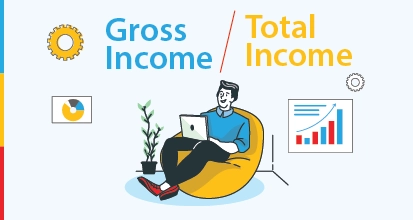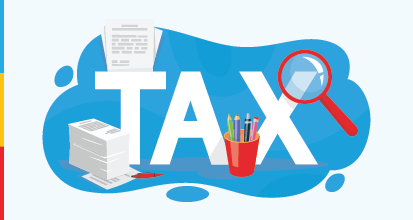Eligibility Criteria for Submitting Form 15G and Form 15H
As a breadwinner who earns just below the TDS limit, Form 15G and 15H are blessings. But hold on before you get filled with excitement. There are specific eligibility conditions to meet.
These forms are primarily based on your age and total taxable income. Hence, to ensure that you truly qualify to benefit from this exemption, read further to learn more about what Form 15G and 15H eligibility criteria are.
Who Can Submit Form 15G?
15G is meant for individuals below 60 years of age who wish to prevent TDS deduction on their interest income. The following are the eligibility criteria that you must meet to ensure 15G’s qualifications:
The individual or a Hindu Undivided Family (HUF) must be below 60 years of age.
Total taxable income should be below the basic exemption limit (₹2.5 lakh for individuals below 60), opting for the older regime, or ₹4 lakhs as per the new regime.
The total interest income should not exceed the taxable limit.
Example: Mr Shekhar, aged 30, has a total taxable income of ₹2.25 lakh after deductions. Since his income is below the exemption limit of ₹2.5 lakh, he is eligible to submit Form 15G.
On the other hand, Mr Grover, aged 50, has an interest income of ₹2.6 lakh, pushing his total income beyond the exemption threshold. So, he can not submit Form 15G.
Who Can Submit Form 15H?
15H Form is designed for senior citizens (aged 60 and above) who want to claim exemption from TDS on their interest income.
The eligibility conditions include:
Applicants must be resident individuals aged 60 years or above
Tax on estimated total income for the year must be nil (after deductions/rebate), even if interest income exceeds the basic exemption limit
The exemption limits based on age are:
These age-wise limits are basic exemption benchmarks under the old regime, used to check if tax becomes nil. They are reference points, not rigid caps beyond which Form 15H is automatically disallowed; eligibility depends on having nil final tax liability.
Example: Mr Vyas, aged 62, has an interest income of ₹2.8 lakh. He is eligible only if, after deductions and rebate, his final tax liability is nil; being under ₹3 lakh alone is not a sufficient explanation.
Similarly, Mr Chopra, aged 81, has an interest income of ₹3.3 lakh, making his total income ₹5.3 lakh. He is not eligible because his total income leads to a positive tax liability, not merely because it exceeds ₹5 lakh.
















